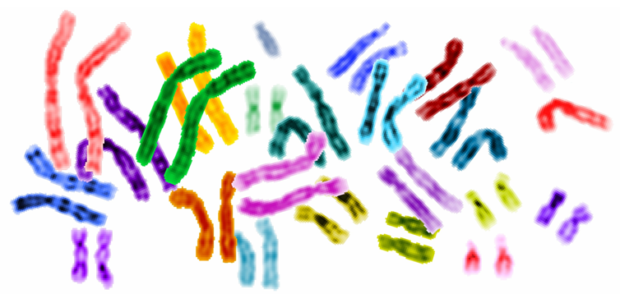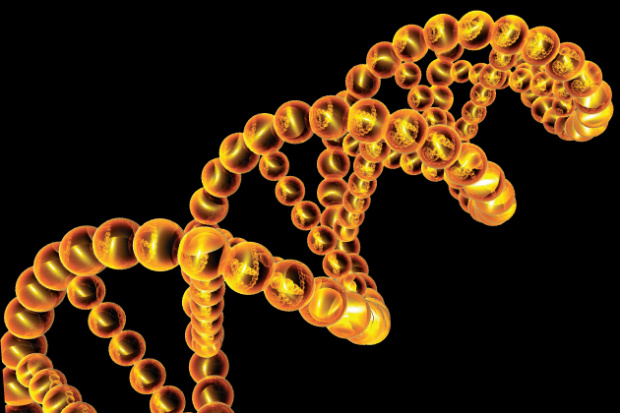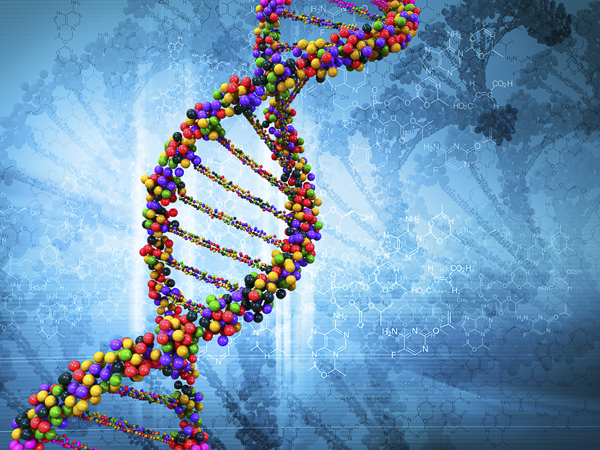Media Education Centre Present:
Risk quantification of multigenetic conditions for SNP array based direct-to-consumer genomic services
Svetlana Boji? 1, Stefan Mandi?-Raj?evi? 2
1 Faculty of Biology, University of Belgrade, Serbia
2 International Centre for Rural Health, Department of Health Sciences, University of Milan, Italy
Single nucleotide polymorphism (SNP) arrays were designed to genotype human DNA at thousands of SNPs across the genome, facilitating hundreds of genome wide association studies (GWAS). The National Human Genome Research Institute GWAS catalog, being a resource of SNP-trait associations, contains metadata on primary GWAS analyses. This is defined as array based genotyping and analysis of more than 100,000 SNPs (before quality control) selected to tag variations across the genome and without regard to gene content. This database can be accessed using an R package gwscat, and it is possible to determine whether any of the genotyped SNPs were found to be in association with some of the investigated traits. An important benefit from GWAS outputs should be the possibility of predicting which individuals might be at risk for a particular disease, giving clinicians a starting point for prevention, diagnosis, prognosis and treatment. Nevertheless, the interpretation of associations discovered from these studies, as well as of the effect sizes, can be problematic. It is a common misconception that a sufficiently low p-value threshold will deal with buy levaquin uk false positives and at the same time guarantee the reliability of the detected association. In the framework of the Bayesian theorem, the probability that the observed association truly exists in a sample population does not only depend on the observed p-value. It also depends on the power to detect association (a function of the minor allele frequency, effect size and sample size), the prior probability that the tested variant is associated with the trait under study, and the anticipated effect size.
An important benefit from GWAS outputs should be the possibility of predicting which individuals might be at risk for a particular disease, giving clinicians a starting point for prevention, diagnosis, prognosis and treatment. Nevertheless, the interpretation of associations discovered from these studies, as well as of the effect sizes, can be problematic. It is a common misconception that a sufficiently low p-value threshold will deal with buy levaquin uk false positives and at the same time guarantee the reliability of the detected association. In the framework of the Bayesian theorem, the probability that the observed association truly exists in a sample population does not only depend on the observed p-value. It also depends on the power to detect association (a function of the minor allele frequency, effect size and sample size), the prior probability that the tested variant is associated with the trait under study, and the anticipated effect size. Having in mind the accelerated discovery of genes for common diseases, as well as the fueled expectations that genomic information will become an integral component of personalized health care and disease prevention, there is a need to present this information to the patient and/or physician in an understandable, yet scientifically accurate way. These personal genomics tests could lead to a medical testing cascade effect, with unwarranted diagnostic, pharmacologic, and surgical interventions, not unsimilar to that described for total body computed tomographic scans.
Having in mind the accelerated discovery of genes for common diseases, as well as the fueled expectations that genomic information will become an integral component of personalized health care and disease prevention, there is a need to present this information to the patient and/or physician in an understandable, yet scientifically accurate way. These personal genomics tests could lead to a medical testing cascade effect, with unwarranted diagnostic, pharmacologic, and surgical interventions, not unsimilar to that described for total body computed tomographic scans.
In our work we propose a heuristic that incorporates both Bayesian principles and combined evidence from replication studies to deliver accurate and reliable risk quantification for polygenic traits, and demonstrate its usefulness on a set of SNPs from Illumina’s HumanOmniExpress-24 chip.
Keywords: GWAS, risk quantification, SNP chip, direct to consumer genomic services


